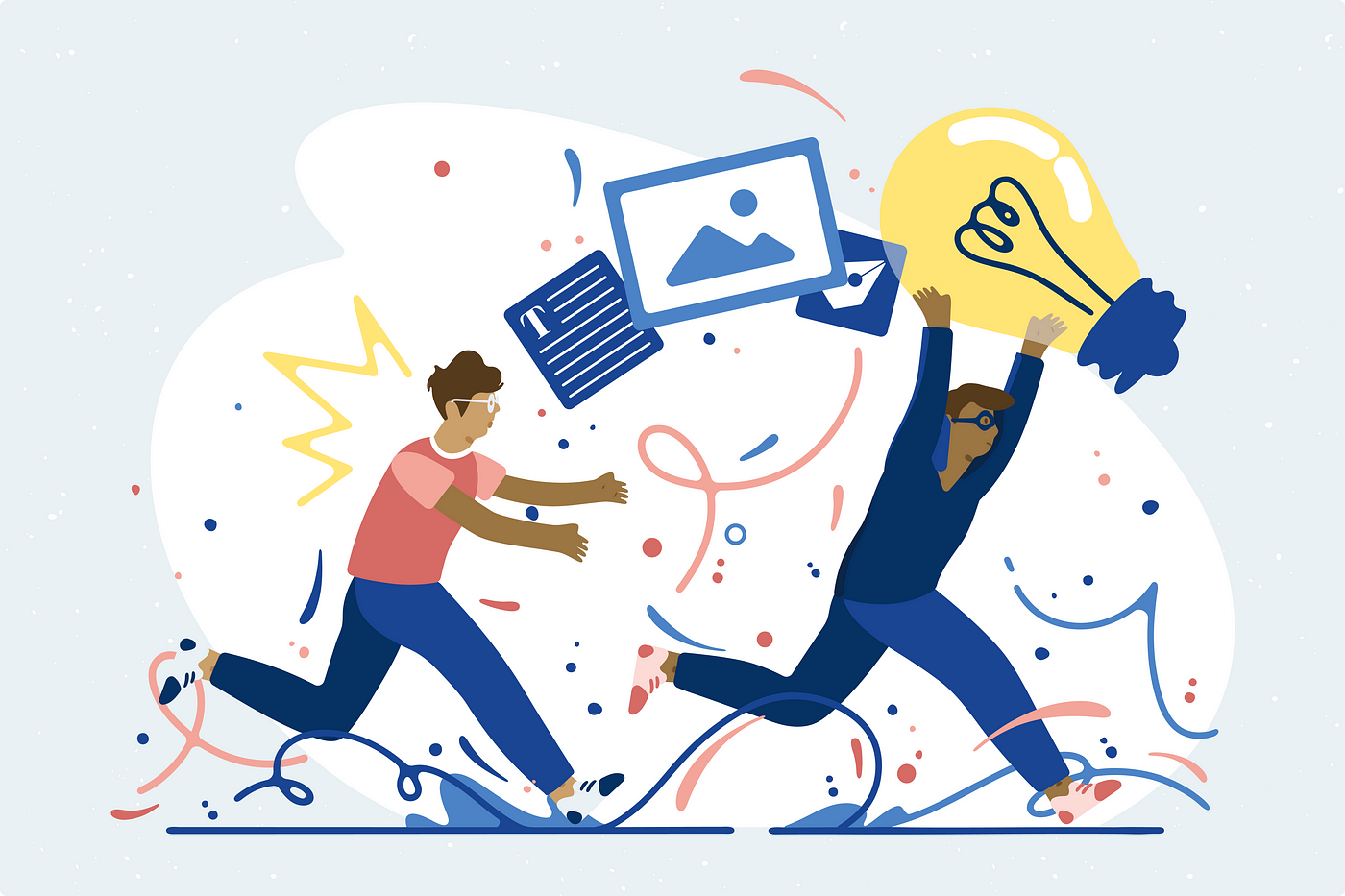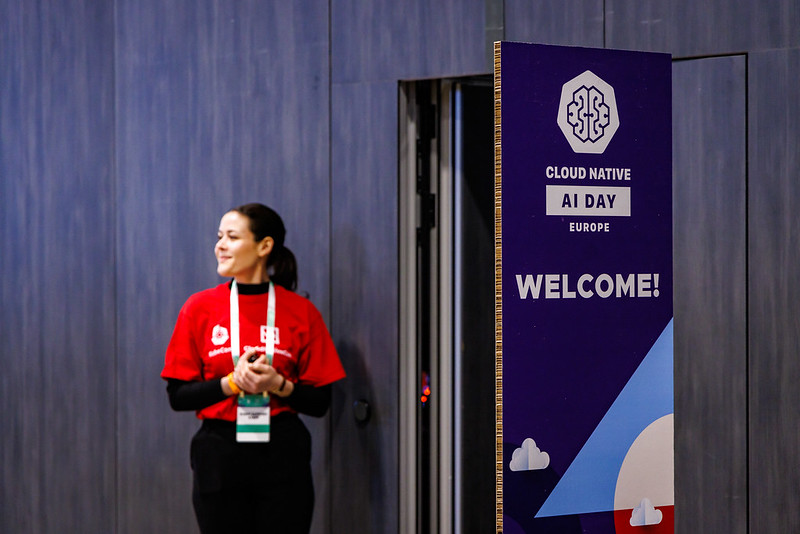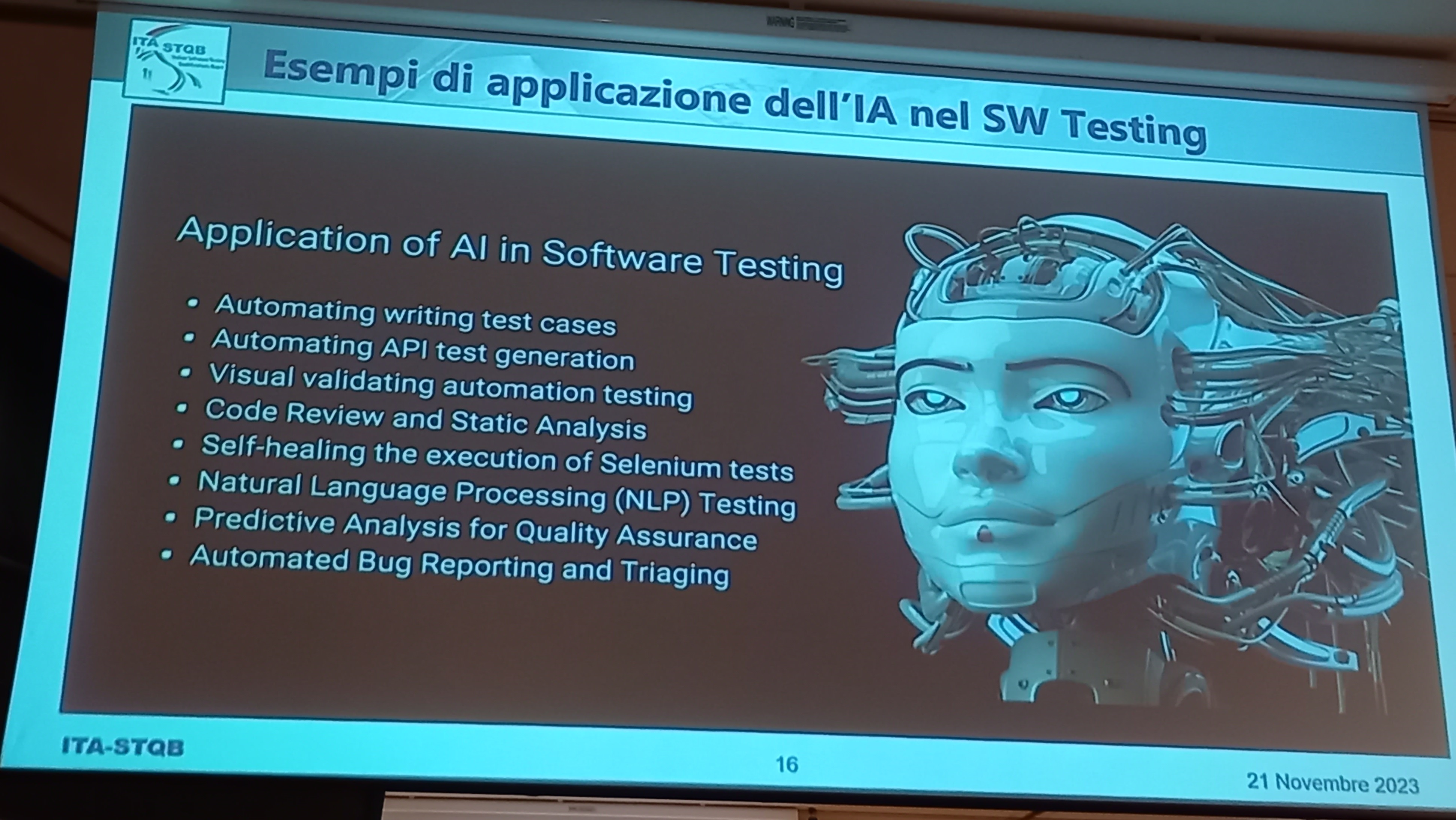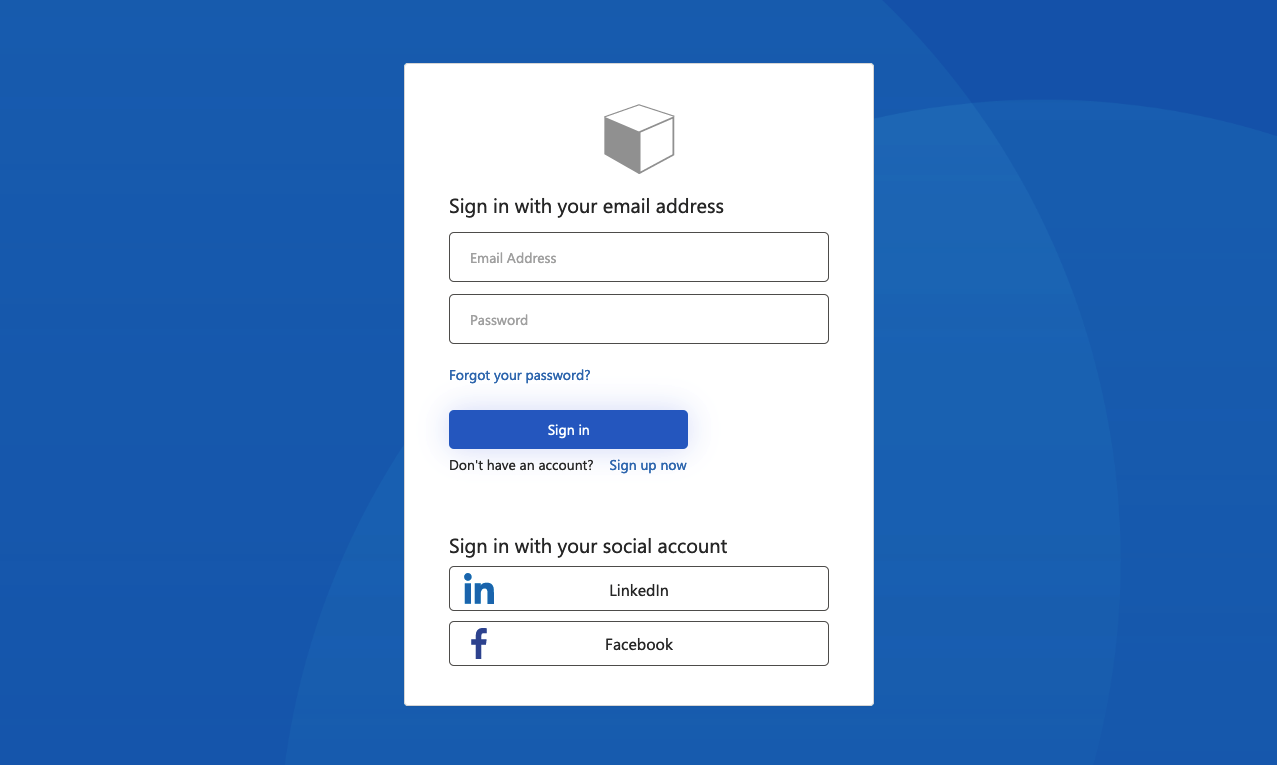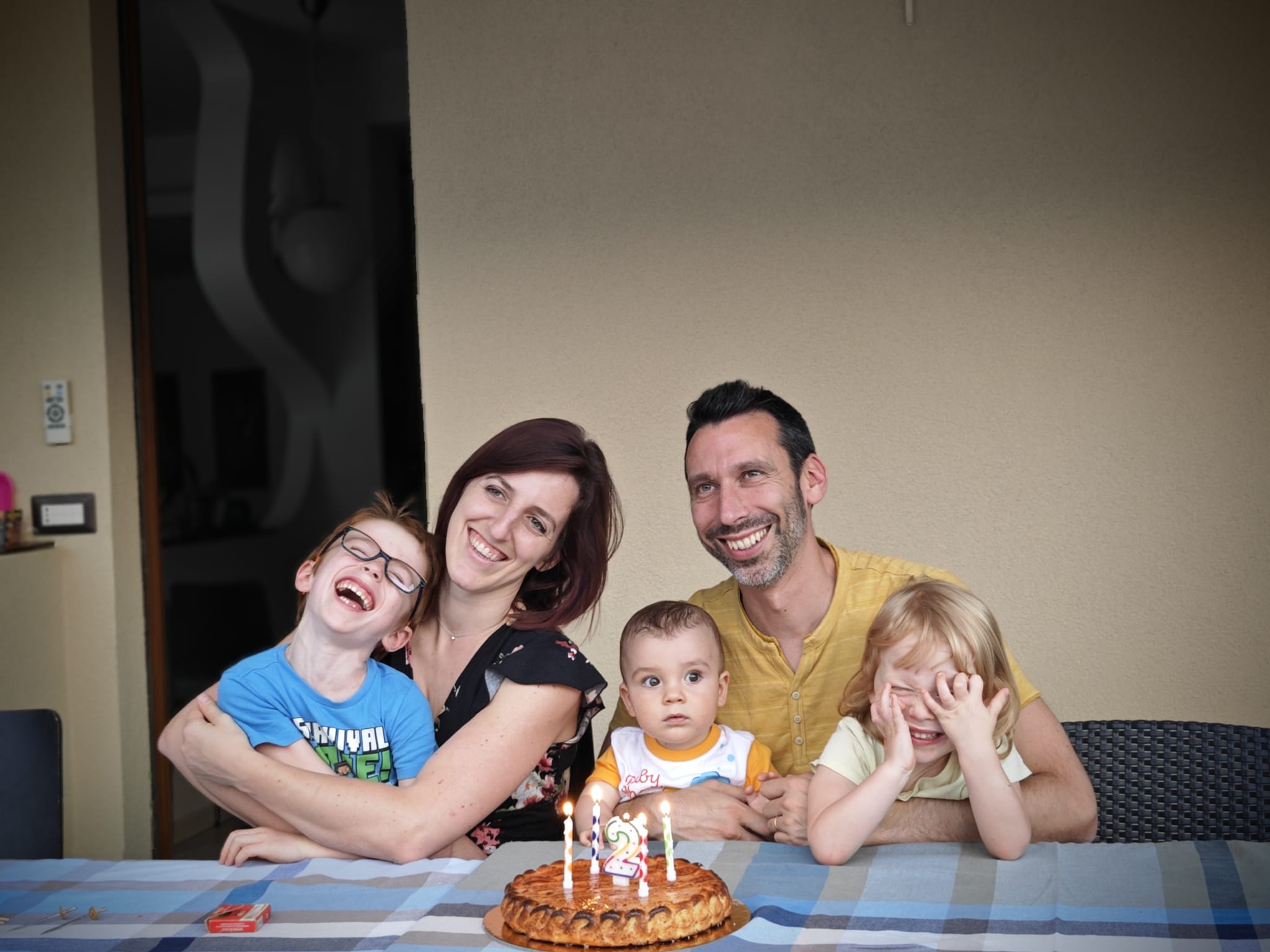Impromptu
-
Simone Rossi
- 19 May, 2023
- 02 Mins read
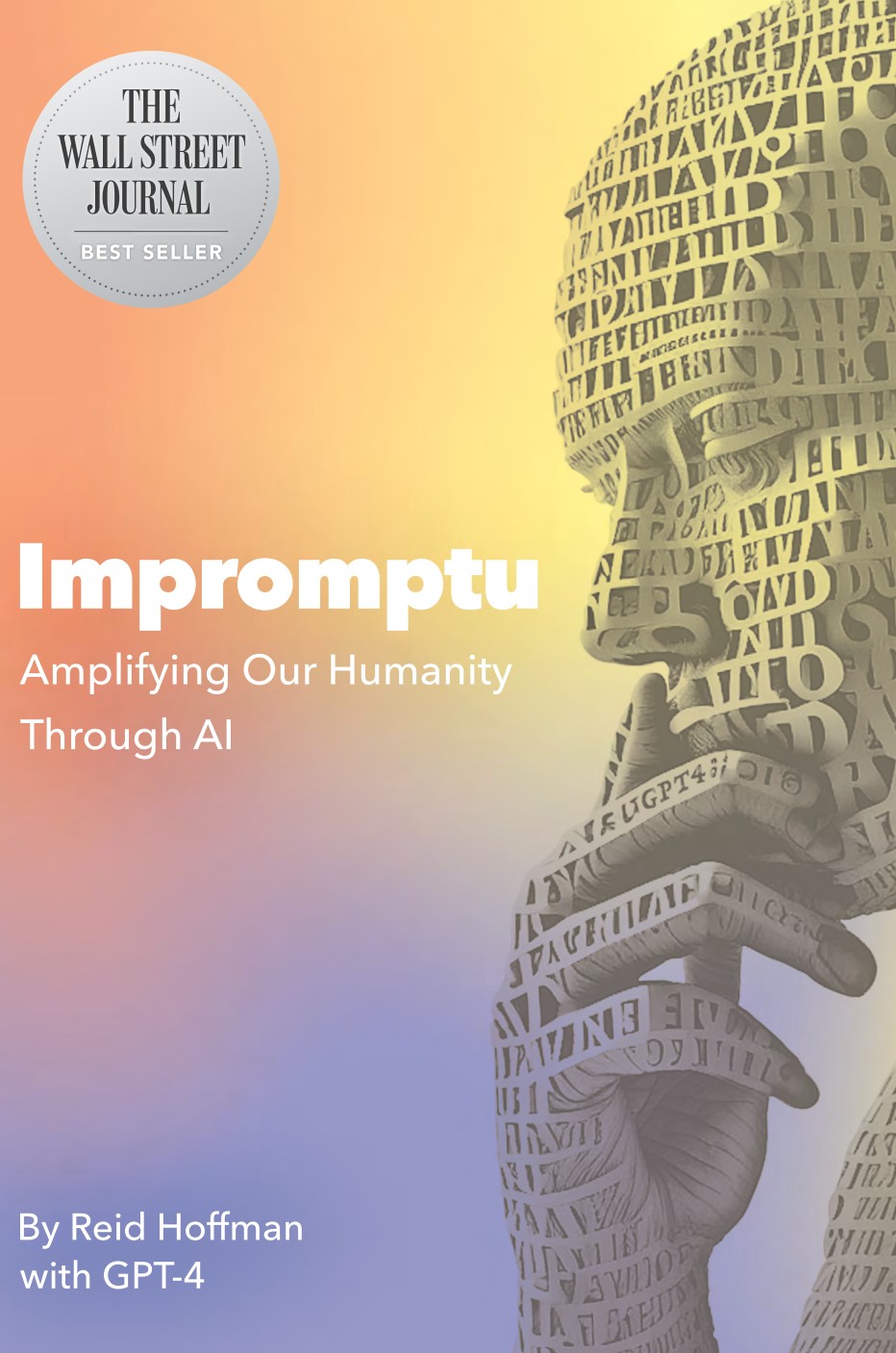
While I went to and from Bordeaux for a new tattoo (yes I've been traveling Europe more than once just to get tattooed!) I had some time on the plane to read this nice (and free) book called Impromptu, written by Reid Hoffman with the help of GPT-4.
The first “AHA!” moment of the author regarding the current state of AI came in the form of a joke: he asked GPT-4 "How many restaurant inspectors does it take to change a light bulb?"... If you are curios about the answer go and try it, you'll be surprised!
As the author emphasizes, AI can be used in different fields:
- education: it could be used to create personalized tests or lesson plans, facilitate group collaboration by creating games to make students work together, act as a facilitator for debates and discussions providing prompts and counterarguments as needed
- creativity: it could serve artists (musicians, writers, graphics) to give them the initial inspiration for a work
- justice: it could creating texts in specific formats and styles, including that of court briefings and other legal language, help those who are unfamiliar with the law by removing the need to repeatedly read through contracts and legal documents
- journalism: it could sort through millions of records and social media posts and generate headlines and articles
So will AI replace human creativity? Professor Mintz agreed that humans could thrive alongside AI by:
- specializing in asking the best questions
- learning insights or skills that are not available in the training data used by the deep learning networks, and
- turning insights into actions
When the author asked GPT-4 "do you agree that these will remain distinctive human capabilities even as your own capabilities grow?" its reply was very clear: "I agree. Asking the best questions requires curiosity, creativity, and critical thinking, which are not easily replicated or replaced by AI. Learning insights or skills that are not in the training data requires exploration, experimentation, and discovery, which are not always predictable or optimal for AI. Turning insights into actions requires judgment, communication, and leadership, which are not always consistent or effective for AI."
Conclusion
Large Language Models like GPT-4 are changing the world, and we are quite frightened. It happened with the Internet, with Wikipedia, with Smartphone, and it is happening now.
If developed, distributed, and regulated carefully, AI can become a versatile and productive tool that could elevate the capabilities of humanity.
But we must never let it replace us. As AI becomes more widespread and autonomous, we must start expecting more from ourselves. We must continue to figure out how to keep human creativity, human judgment, and human values at the center of the processes we devise to work with these new AI tools, even as they themselves grow more and more capable.
"Artificial intelligence is not a separate entity from us, but a reflection of our own mind. By cultivating it with skillful means and ethical values, we can enhance our own enlightenment and benefit all beings."" -THE BUDDHA, AS IMAGINED BY GPT-4

